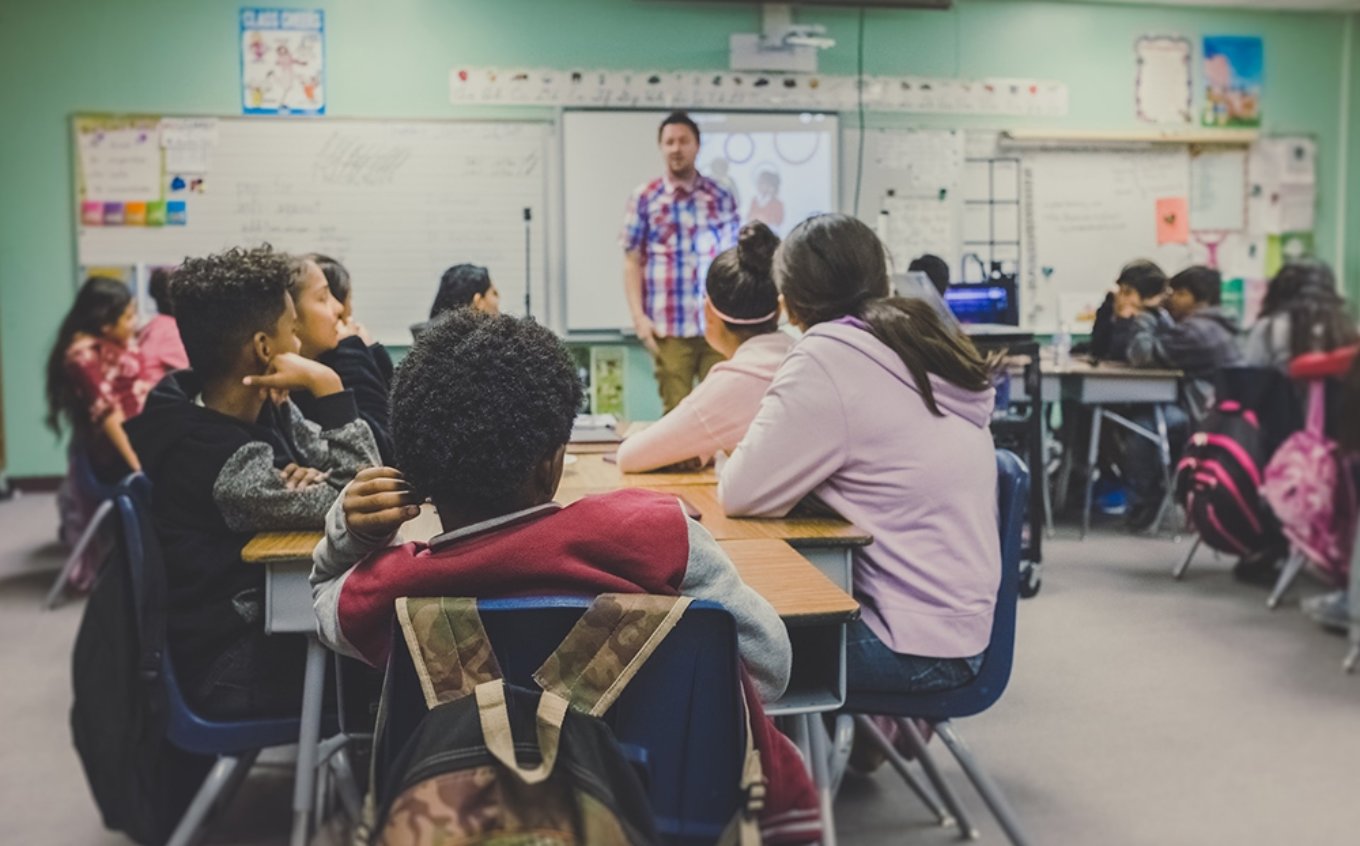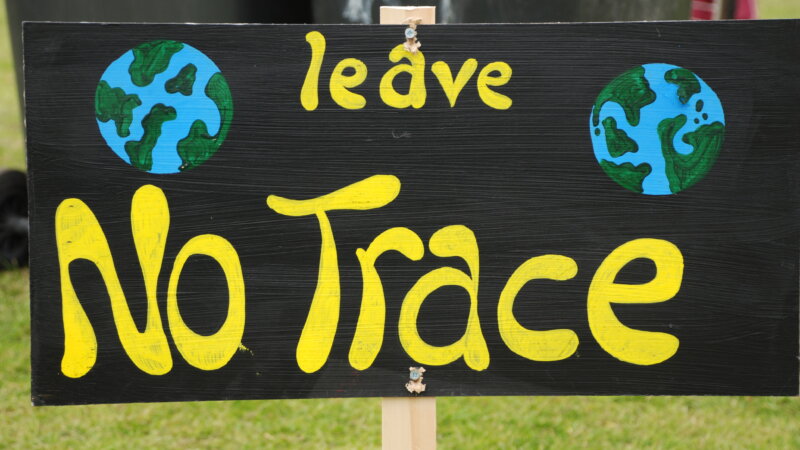Education on Purpose: How coronavirus could make us rethink why we learn
Taking a purpose-based approach to education would help remind us that careers are rarely linear and are often multi-faceted.

The media sphere is rife with articles proclaiming that 'change must come' post-coronavirus on a societal, economic and educational level. But what might this change look like for the generation most likely to be impacted by the pandemic; the young people currently in school, college, university, apprenticeships or work?
Careers professionals like myself are often unflinching in our assertion that focusing on the question of purpose ('How would you like to make a difference to the world?') rather than outcome ('What job do you want to do?') is essential to facilitating meaningful careers discussions with people of any age. To this end, the UN Sustainable Development Goals (UNSDGs), a collection of 17 overarching targets to improve global society, have the potential to become the guiding principles that we look to as we continue to discuss what the 'new normal' or 'next normal' might be in a post-coronavirus society. But could a purpose-oriented approach to how we see the world become a key pillar of our education system?
For many, the collective sentiment is that we are currently operating within an education system that does not facilitate this broader, more holistic approach to talking about the future. Teachers have arguably never been more skilled, passionate or dedicated to what they do, but many of us who have worked in schools have seen first-hand how a system of excessive bureaucracy and a focus on data has reduced the time that educators have to facilitate the pastoral conversations with students that help put curriculum learning in context through the lens of being a valued member of society.
Gratifyingly, there is already some outstanding related work being done in this area. A number of school careers programmes around the country provide their young people with the opportunity to participate in social action initiatives like VIY or The Diana Award, and Wales-based careers professional Carolyn Parry was recently nominated for a UK Career Development Award for her INSPiRED Teenager programme, which uses the UNSDGs as a tool to reframe the concept of career choice by helping individuals understand how they can make a difference by solving the 17 biggest problems we face, both globally and locally.
And what problem could be larger or more far-reaching than the coronavirus pandemic?
The virus will have already precipitated a rethink of many of the existing UNSDGs - from 'Climate Action' and 'Sustainable Cities and Communities' (what happens when the eco-friendly move towards densification comes up against a potentially long-term moratorium on mass gatherings and an increase in remote working?) to 'Industry, Innovation and Infrastructure' and 'Reduced Inequalities' (will the consequences of social distancing speed up the move towards automation, which is projected to impact more negatively on those without professional or managerial jobs?) - with many more as yet unanticipated issues likely to emerge as we begin to understand more about the impact of this pandemic.
And far from being solely the preserve of global governments, many business leaders, including Fortune 500 CEOs, are increasingly keen to embrace the mission of the UNSDGs and the value of solving social problems as part of their core business strategy.
With the UNSDG 2030 target looking increasingly unlikely, this provides fertile ground for the current school-age generation to take a step back and consider how they may want to make a difference in a post-coronavirus world.
Taking a purpose-based approach to education would help remind all of us in society that careers are rarely linear and are often multi-faceted, as well as helping us to collectively move away from the traditional, narrow definition of success that is rooted in structural inequality - take the demographic make-up of the legal, political and journalism sectors, for a start - and has been utterly exposed by the national outpouring of gratitude to the healthcare professionals, educators, waste management teams, delivery drivers, supermarket staff and many other key workers who are now being rightly lauded for their essential work.
Connecting education more directly to the UNSDGs could help young people to better understand the potential application of what they are learning and allow them to channel their passion for certain subjects towards tangible, flexible pathways to explore further as they make their way through education, thus facilitating a more open dialogue about the concept of 'career' with young people, educators, parents and carers, as well as career professionals themselves.
It might also empower young people to see their value beyond the qualifications they achieve and embolden them to be even more innovative, empathetic and ambitious. Surely that's a sustainable goal we could all get behind?







